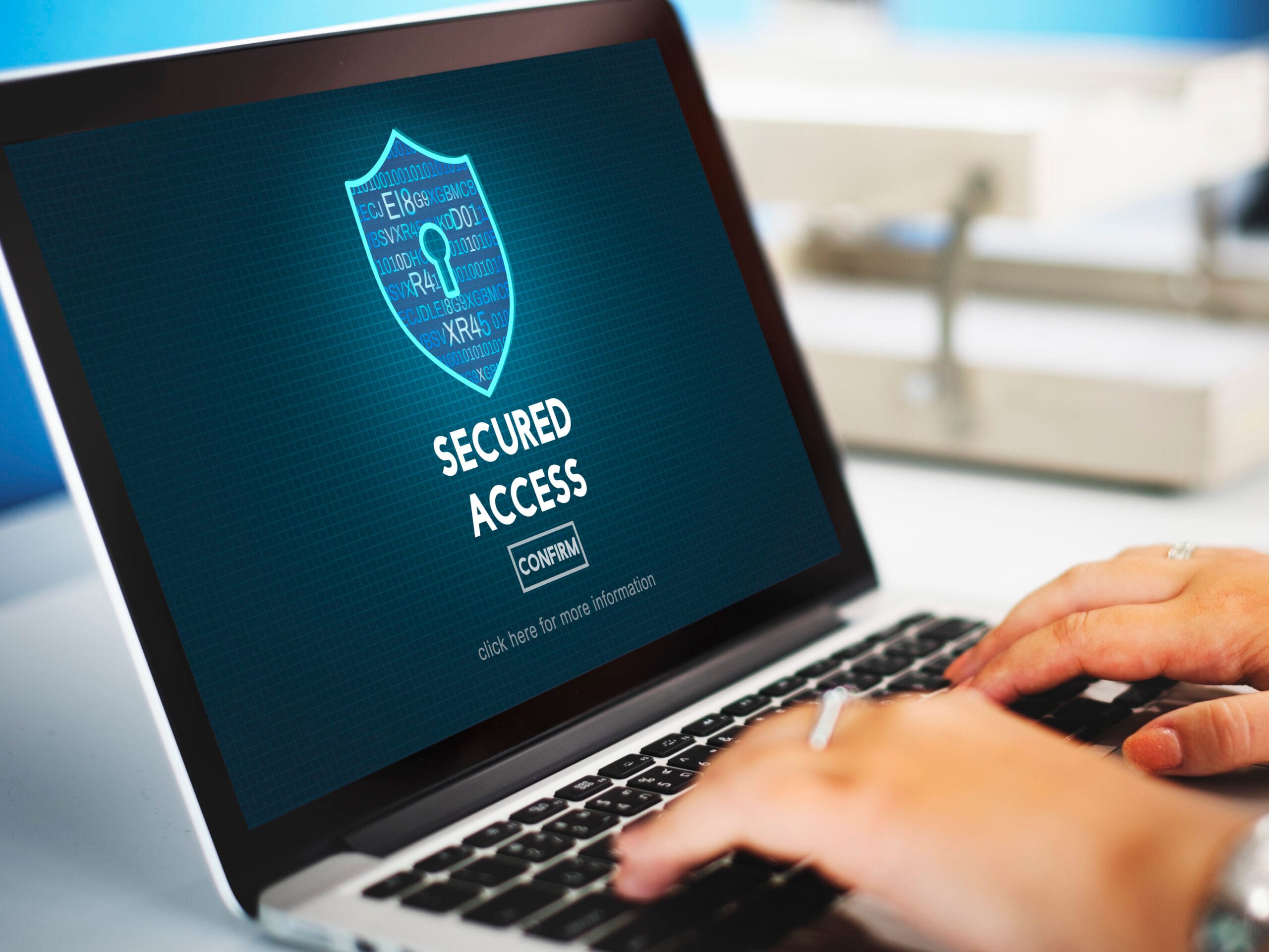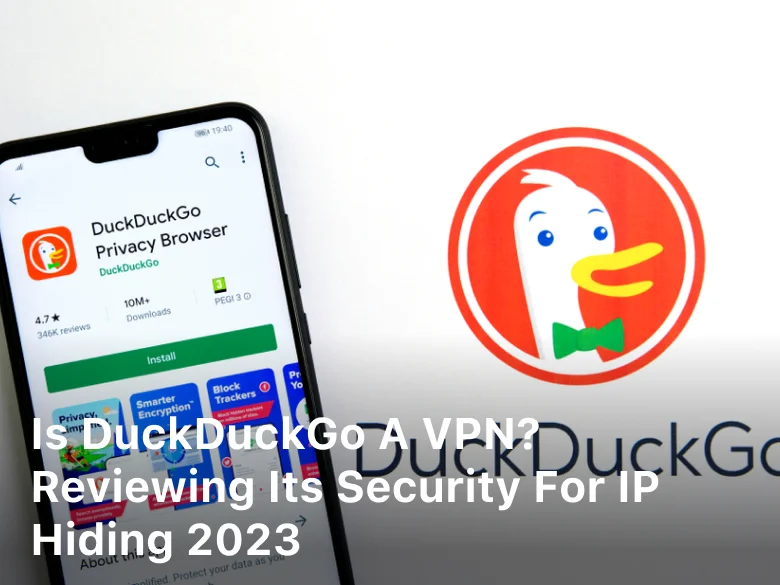
As more and more of our lives move online, concerns around online privacy have become increasingly prevalent. One of the most effective tools for protecting your privacy online is by using a Virtual Private Network (VPN). By encrypting your internet connection and routing it through a remote server, a VPN can make it much harder for anyone to intercept your online activity. However, there are still some misconceptions around what a VPN can and can’t do, particularly when it comes to your Internet Service Provider (ISP). In this article, we’ll take a closer look at how a VPN works, what your ISP can see when you use one, and what steps you can take to ensure your online privacy is protected. So if you’re concerned about keeping your online activity private, read on to learn more about how a VPN can help.
What is an ISP?
An ISP is a company or organization that provides access to the internet for individuals, businesses, and other entities. It serves as the bridge between users and the vast network of interconnected computers and servers that make up the internet.
Here are some key points about ISPs:
- Internet Connectivity: ISPs offer various types of internet connections, including broadband, DSL, fiber optic, cable, satellite, or wireless. They provide the necessary infrastructure, equipment, and technology to establish and maintain internet connectivity.
- Network Access: ISPs maintain their own network infrastructure or lease network capacity from larger providers. This network connects their customers to the internet, allowing them to access websites, send and receive emails, stream media, engage in online activities, and more.
- Service Plans: ISPs typically offer different service plans that vary in terms of speed, data limits (if applicable), and pricing. Users can choose the plan that best suits their needs and budget.
- IP Addresses: ISPs assign unique IP (Internet Protocol) addresses to their customers. IP addresses are numerical identifiers that allow devices to communicate with each other over the internet. They can be dynamic (change over time) or static (remain the same).
- Additional Services: Some ISPs may offer additional services, such as web hosting, domain registration, email accounts, virtual private networks (VPNs), and security features like antivirus or firewall protection.
- Regulations and Policies: ISPs are subject to regulations and policies set by governmental authorities or industry bodies. These may include compliance with data protection laws, net neutrality principles, bandwidth management, and addressing issues related to copyright infringement or illegal activities.
- Customer Support: ISPs typically provide customer support to address technical issues, troubleshoot problems, and assist with account management. Support may be offered through phone, email, online chat, or self-help resources
What can your ISP see when you use the internet?
- IP Address: Your ISP assigns you an IP address, which is a unique numerical identifier that helps identify your device on the internet. This allows your ISP to track the IP addresses you are using and the websites you visit.
- DNS Requests: When you visit a website, your ISP can see the Domain Name System (DNS) requests that your device makes. DNS requests translate the website’s domain name (e.g., www.example.com) into the corresponding IP address. This reveals the websites you are accessing.
- Connection Metadata: ISPs can gather metadata about your internet connection, such as the time and duration of your online sessions, the amount of data transmitted, and the types of services or protocols you are using (e.g., web browsing, streaming, email, etc.).
- Traffic Analysis: While ISPs typically cannot see the specific content of encrypted communications (such as HTTPS websites), they can still perform traffic analysis. This means they can observe the size, timing, and patterns of your internet traffic, which can provide insights into the nature of your online activities.
It’s important to note that in many regions, ISPs are required to adhere to legal and regulatory frameworks that govern data privacy and protection. However, the extent of data collection and retention policies can vary between countries and jurisdictions.
To enhance privacy and security, users can take additional measures such as using virtual private networks (VPNs) to encrypt their internet traffic and hide it from their ISP. VPNs can help protect your online activities from being monitored or tracked by your ISP, making it more challenging for them to see the specific websites you visit or the content you access.
Ultimately, it’s essential to review your ISP’s privacy policy and terms of service to understand the extent of data collection and usage practices. Additionally, being aware of privacy tools and adopting good security practices can help safeguard your online privacy.
What is a VPN?
A Virtual Private Network, or VPN, is a service that encrypts your internet connection and routes it through a remote server. When you connect to a VPN, your internet traffic is encrypted and sent through the VPN server before reaching its destination. This makes it much harder for anyone to intercept your online activity, including your ISP.
When you use a VPN, all of your internet traffic is encrypted. This means that anyone trying to intercept your online activity would only see encrypted data, which would be essentially useless to them. Additionally, since your internet traffic is routed through a remote server, your ISP can’t see the websites you visit, the apps you use, or the content you download. All they can see is that you’re connected to a VPN server.
While using a VPN can help protect your online privacy, it’s important to note that your ISP can still see some information about your online activity when you use one. Specifically, they can see that you’re connected to a VPN server, along with the amount of data you’re transmitting. However, they can’t see the websites you visit, the apps you use, or the content you download.
Pros and cons of Using VPN
There are several pros and cons to using a VPN for online privacy:
Pros:
– Encryption: A VPN encrypts your internet traffic, making it much harder for anyone to intercept your online activity.
– Anonymity: When you use a VPN, your IP address is replaced with the IP address of the VPN server, making it harder for websites and online services to track your online activity.
– Access to geo-restricted content: Some websites and online services are only available in certain countries. By connecting to a VPN server in a different country, you can access this content as if you were located there.
Cons:
– Slower internet speeds: Since your internet traffic is being routed through a remote server, using a VPN can sometimes result in slower internet speeds.
– Cost: While there are some free VPN services available, many of the most reliable and secure VPNs require a monthly subscription fee.
– Compatibility issues: Some websites and online services may not be compatible with VPNs, especially if they use IP-based geolocation to determine your location.
How to choose the right VPN for you
If you’re considering using a VPN for online privacy, it’s important to choose the right one for your needs. Here are a few things to consider when selecting a VPN:
- Security: Look for a VPN that uses strong encryption protocols and has a no-logging policy.
- Speed: Consider a VPN with fast connection speeds and a large number of servers in different locations.
- Compatibility: Make sure the VPN you choose is compatible with all of the devices and apps you use.
- Price: While cost shouldn’t be the only factor in your decision, it’s important to choose a VPN that fits within your budget.
Tips for using a VPN safely and effectively
Once you’ve chosen a VPN, there are a few things you can do to ensure you’re using it safely and effectively:
- Always use the VPN when you’re connected to the internet.
- Choose a VPN server that’s located in a country with strong online privacy laws.
- Avoid using free VPN services, as they may not be secure or reliable.
- Don’t share your VPN login information with anyone else.
- Make sure your VPN software is up-to-date with the latest security patches.
Conclusion: Why protecting your online privacy is important and how a VPN can help
In today’s digital age, protecting your online privacy is more important than ever. Your ISP can see a lot of information about your online activity, but using a VPN can help protect your privacy by encrypting your internet connection and routing it through a remote server. While your ISP can still see that you’re using a VPN, they can’t see the websites you visit, the apps you use, or the content you download. By following the tips outlined in this article and choosing a reliable VPN service, you can help ensure that your online activity remains private and secure.





